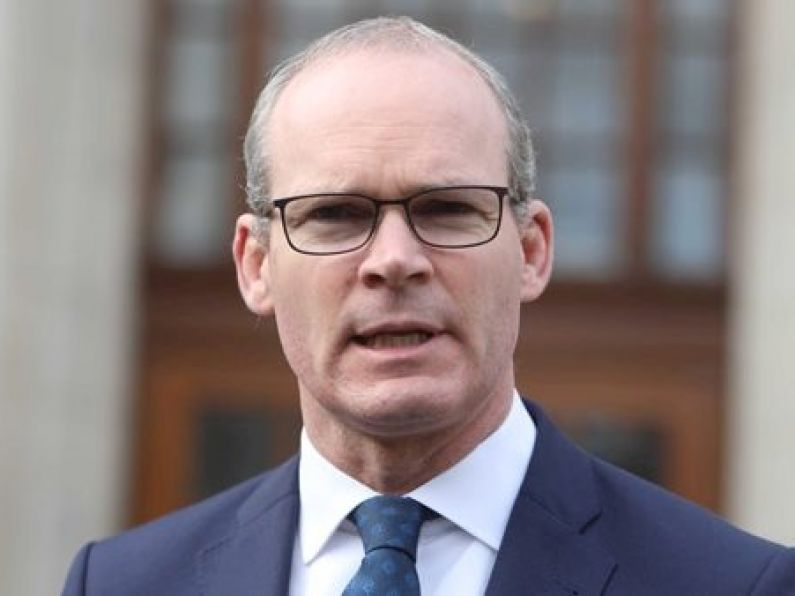Minister for Foreign Affairs Simon Coveney has accused UK Prime Minister Boris Johnson of “inflammatory language” and “spin” over his claims that the EU is attempting to “blockade” goods travelling across the Irish Sea.
UK MPs are set to debate the Internal Markets Bill this week, which includes measures to override part of the withdrawal agreement.
Minister Coveney said the plan has created “enormous tensions” in negotiations and has damaged the UK's reputation internationally.
Speaking on the BBC's Andrew Marr Show, Minister Coveney said Mr Johnson’s claim that the EU is threatening a customs border in the Irish Sea is a “bogus argument”.
“There is no blockade proposed, and that is the kind of inflammatory language coming from Number 10 which is spin and not the truth,” he said.
“What is agreed is that there will be limited checks on goods coming from GB into Northern Ireland, because there is an agreement to prevent the need for physical border infrastructure on the island of Ireland and therefore we have to ensure that goods are not travelling from GB into the single market.”
Meanwhile, Justice Minister Helen McEntee has said that Ireland could take legal action over the UK government's plan to override the Brexit deal.
The Internal Market Bill would go against the withdrawal agreement signed by the UK and EU nine months ago in a breach of international law.
Minister McEntee said Mr Johnson's plan has damaged trust between the two countries.
“It was voted through the UK Parliament nine months ago, it was voted through the European Parliament nine months ago, and now this week, one side of the agreement essentially has decided to unilaterally change elements of that agreement,” she said.
“I think it has in some way damaged trust between both sides. It’s very difficult to see how you can negotiate a free trade agreement when what has already been agreed is being proposed to be breached less than nine months later.”






